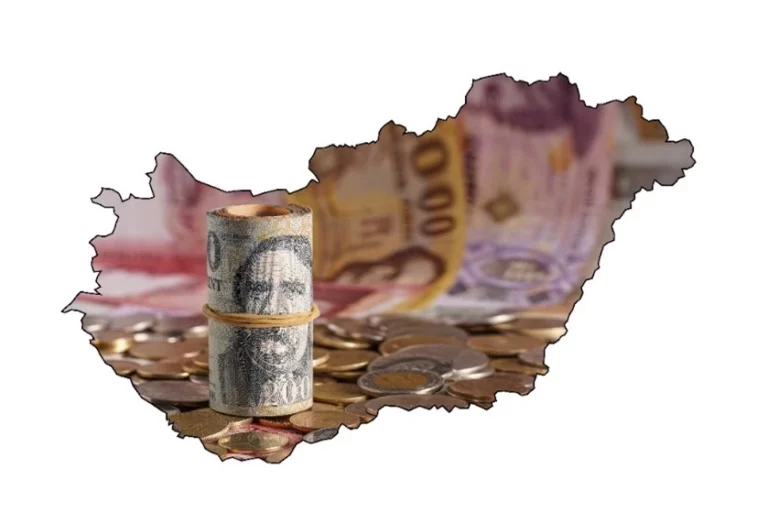budget
Forint will get wings after minister’s optimistic announcement?

Orbán to EU: Where is the money?

Hungarian FinMin: Opposition budget amendment proposals would entail HUF 3,200 bn bigger tax bill

Orbán: Brussels budget proposal lacks seriousness, unsuitable for debate

Budget deficit edges over EUR 7.5 billion at end-May, ministry confirms

Hungarian government member attacks the EU

The EU is intervening in member states’ budgets, Hungarian finance minister says

Budapest mayor: 2024 draft budget would ‘bleed Budapest out’ further

2024 budget submitted to Hungarian parliament

This is what the Hungarian Fiscal Council thinks about this year’s budget

Hungarian government submits 2024 budget to Fiscal Council

Hungarian government to release 700 foreign criminals from jail

The Hungarian government to submit 2024 draft budget soon

European Union to strip Hungary of voting rights?

Despite horror inflation, budget deficit skyrockets in Hungary

Lawmakers considerably modified Hungary’s budget

Hungarian opposition says government’s budget plan is wrong

Hungarian budget ends Jan with HUF 144 bn shortfall





 ZH
ZH IT
IT DE
DE HR
HR NL
NL FR
FR JA
JA RO
RO RU
RU ES
ES TR
TR
